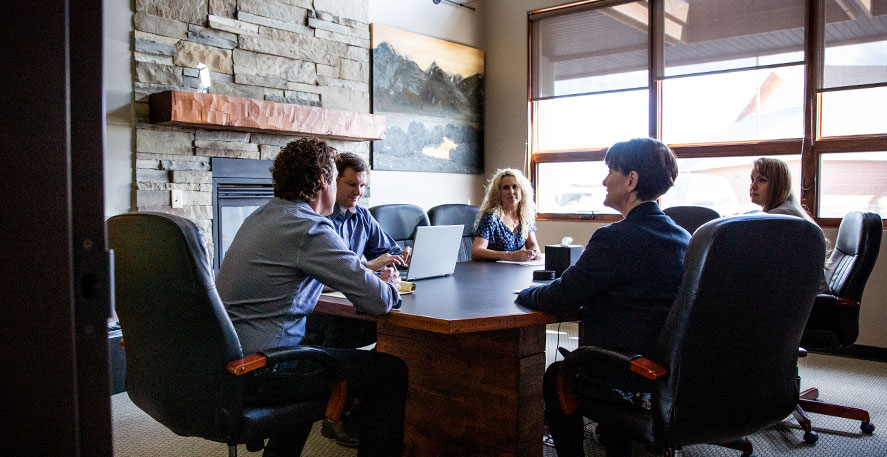Posted in Personal Injury on April 30, 2023
Personal injury cases can be complex and time-consuming, often requiring a lot of work and resources to pursue. One way to potentially resolve a personal injury case is through mediation. Mediation is a form of alternative dispute resolution where the parties involved in a lawsuit work with a neutral third party to try to reach a settlement.
In this blog post, we’ll explore what a personal injury plaintiff can expect at mediation, including the process, the role of the mediator, and the potential outcomes.
The Mediation Process
Mediation typically begins with the parties involved in the lawsuit meeting with the mediator. The mediator is a neutral third party who is trained in dispute resolution and has no stake in the outcome of the case.
The mediator’s role is to facilitate communication between the parties and help them reach a settlement. The mediator does not have the power to make decisions or impose a settlement on the parties. Instead, they help the parties explore their options and find common ground.
During mediation, each party will have an opportunity to present their case and explain their position. The mediator may ask questions and encourage the parties to listen to each other’s perspectives. The parties may also have an opportunity to negotiate a settlement agreement.
If the parties are able to reach a settlement, they will sign a settlement agreement. If they are not able to reach a settlement, they may choose to continue with the litigation process.
The Role of the Plaintiff
As a personal injury plaintiff, your role in mediation is to help your personal injury lawyer to present your case and explain your position. You will have an opportunity to explain how the injury has impacted your life and why you believe you are entitled to compensation.
You may also have an opportunity to negotiate a settlement agreement with the defendant or their insurance company. It is important to approach negotiations with a clear understanding of your goals and priorities. You should be prepared to compromise but also know when to stand firm on certain issues. You should also listen with open ears to what your lawyer, and the neutral mediator, have to say about the strengths, weaknesses and risks of your particular case.
Potential Outcomes
There are several potential outcomes to mediation. If the parties are able to reach a settlement, they will sign a settlement agreement. The settlement agreement will outline the terms of the settlement, including the amount of compensation the plaintiff will receive.
If the parties are not able to reach a settlement, they may choose to continue with the litigation process. However, mediation can still be beneficial even if a settlement is not reached. Mediation can help the parties better understand each other’s positions and potentially narrow the issues in dispute. This can make the litigation process more efficient and less costly.
Advantages of Mediation
There are several advantages to mediation for personal injury plaintiffs. First, mediation can be less time-consuming than going to trial. Mediation can also be less stressful and less adversarial than going to trial.
Mediation also allows the parties to have more control over the outcome of the case. In a trial, the outcome is determined by a judge or jury. In mediation, the parties have more control over the outcome and can negotiate a settlement that meets their needs.
Conclusion
Mediation can be an effective way for personal injury plaintiffs to resolve their cases. During the process the parties work with a neutral third party to try to reach a settlement. The mediator’s role is to facilitate communication between the parties and help them find common ground.
As a personal injury plaintiff, your role in mediation is to present your case and negotiate a settlement agreement if possible. There are several potential outcomes to mediation, including reaching a settlement agreement or continuing with the litigation process.
Mediation has several advantages for personal injury plaintiffs, including being less costly and time-consuming than going to trial and allowing the parties to have more control over the outcome of the case. If you are involved in a personal injury case, mediation may be worth considering as a way to potentially resolve your case.
If you are considering mediating your Montana auto accident or personal injury claim, contact the lawyers at Heenan & Cook who have successfully negotiated personal injury settlements on behalf of hundreds of clients.



